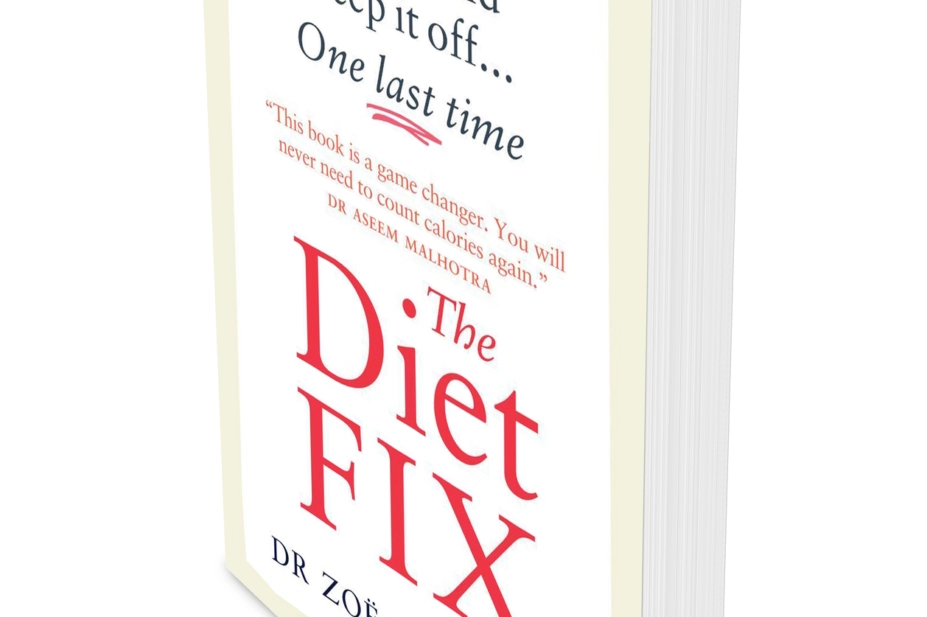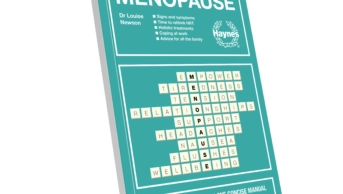
Most people, at some time in their lives, will try to lose weight. One systematic review suggests that, irrespective of the approach taken, people trying to lose weight can shift 5.0kg–8.5kg after six months. While this loss is impressive, another review suggests that one year after dieting either with or without exercise, almost half of this weight is often regained. So is there an approach to eating to help people avoid this slimming rollercoaster? Yes, says Zoë Harcombe, obesity researcher and author of this new book.
The Diet Fix: How to lose weight and keep it off… One last time begins with a discussion of the author’s own experience of trying to lose weight as a teenager. While her weight became dangerously low at one point, she now maintains a stable weight. The book moves on to explore what Harcombe describes as the calorie myth — the notion that losing 1lb (0.45kg) of fat requires a 3,500-calorie deficit between those consumed and those burned. Although this mantra has become a central tenet of public health weight-loss messages, Harcombe was unable to find a definitive source for the idea.
General advice to lose weight involves eating less and/or moving more. These tactics will induce a calorie deficit, as Harcombe describes, but, it has been known since the 1940s that maintaining a calorie deficit does not keep off weight in the longer term. The author also cites work from the early 1900s which showed how cutting calories reduces our metabolic rate to a large extent. In other words, by eating less, our bodies require fewer calories to function. It seems that trying to exercise away those additional calories is also futile; and Harcombe explains how a study of children found that when more physical activity was timetabled at school, those who undertook the most activity were far less active outside of school. So while we may feel that an hour at the gym after work is doing some good, the rest of our evening is likely to be spent relaxing.
Chapter five is where Harcombe attempts to answer the all-important question of how to fix your diet. There is no magic formula and she does not advocate a high-protein or low-carbohydrate approach — her advice is to simply eat wholesome food, three times per day, limit alcohol intake and become more active. But this latter piece of advice does not necessarily mean going to the gym; becoming more active need only involve cooking, cleaning, gardening and walking. The next chapter contains many tasty-looking recipes and some ideas for weekly meal planning.
Accepting that it may be difficult to adopt a lifestyle change, the final part of the book focuses on how to maintain this new way of eating. The chapters are based on understanding the drivers for change, and Harcombe describes the four stages of the competence (a learning model relating to the progression of a skill), among other ideas, as a tool to facilitate lifestyle changes.
This is an interesting book that challenges our perceptions of current advice for weight loss. The author has a very readable style and while the book is directed at the general public, the information provided is fully referenced. What is most interesting is that Harcombe does not promote a new fad diet, but merely an approach to eating that allows us to naturally shed weight without either starving or depriving ourselves of certain foods.
Rod Tucker
References
Harcombe Z. The Diet Fix: How to lose weight and keep it off… one last time. Pp 209. Price £8.99. London: Short Books; 2019. ISBN 978-1-78072-376-1


